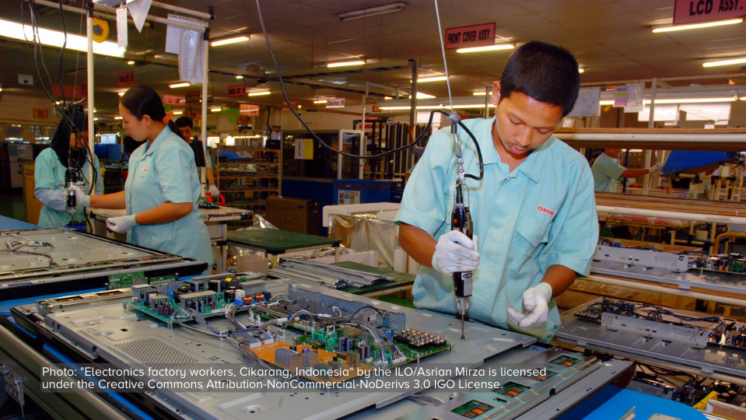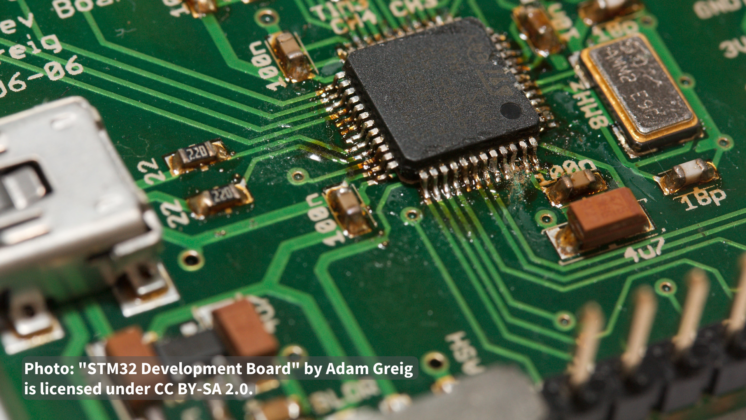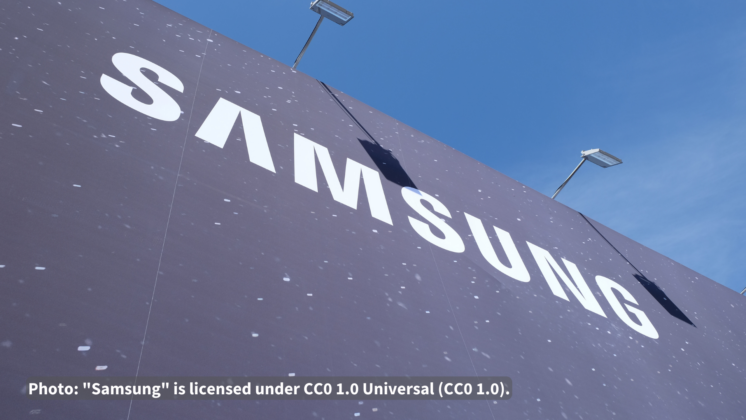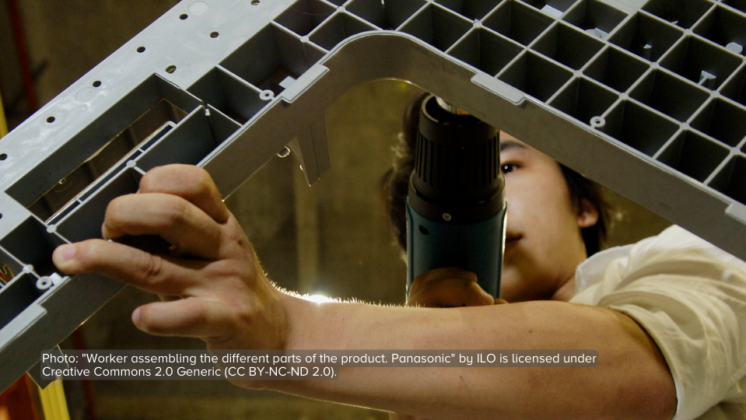The Arizona chip factory of Taiwan Semiconductor Manufacturing Company (TSMC) is experiencing considerable delays and is now expected to be operational by 2025. TSMC is a leading supplier of AI chips, and the delay comes right when the Biden administration rapidly expanding the US domestic chip industry.

A tight labour market gives workers structural power, which can be mobilised by unions. However, TSMC’s unwillingness to negotiate with unions has led it to consider hiring non-unionised workers abroad, which further strains relations with unions.
The attempt to relocate the chip industry to the US and Europe is running into problems due to labour shortages, according to The Economic Times. From an estimated 345,000 this year, the chip industry’s workforce is projected to reach 460,000 by the end of the decade. However, according to the study prepared by the Semiconductor Industry Association (SIA) and Oxford Economics, the U.S. will not produce enough qualified workers to fill the gap. At the moment, the U.S. semiconductor industry is experiencing a shortage that will be reach roughly 67,000 workers by 2030.







